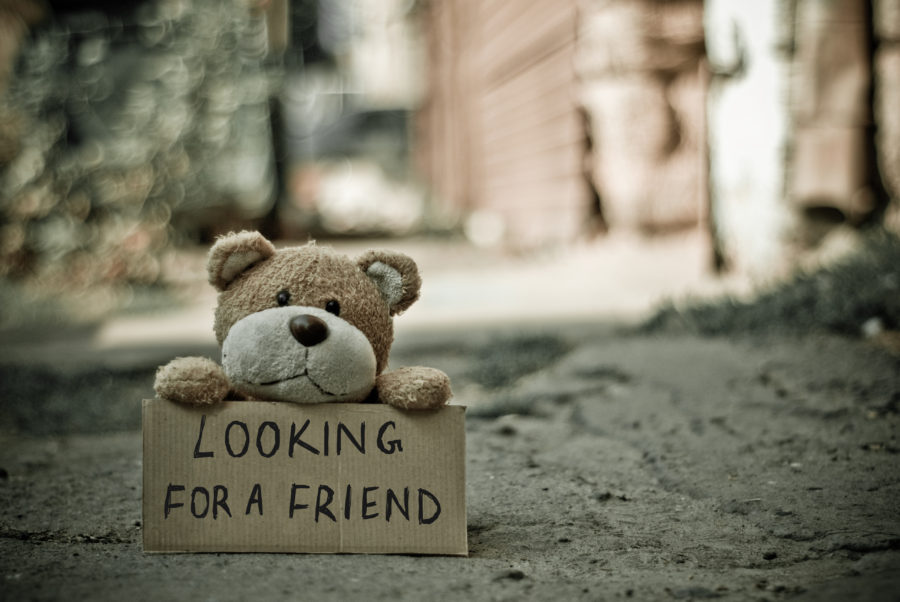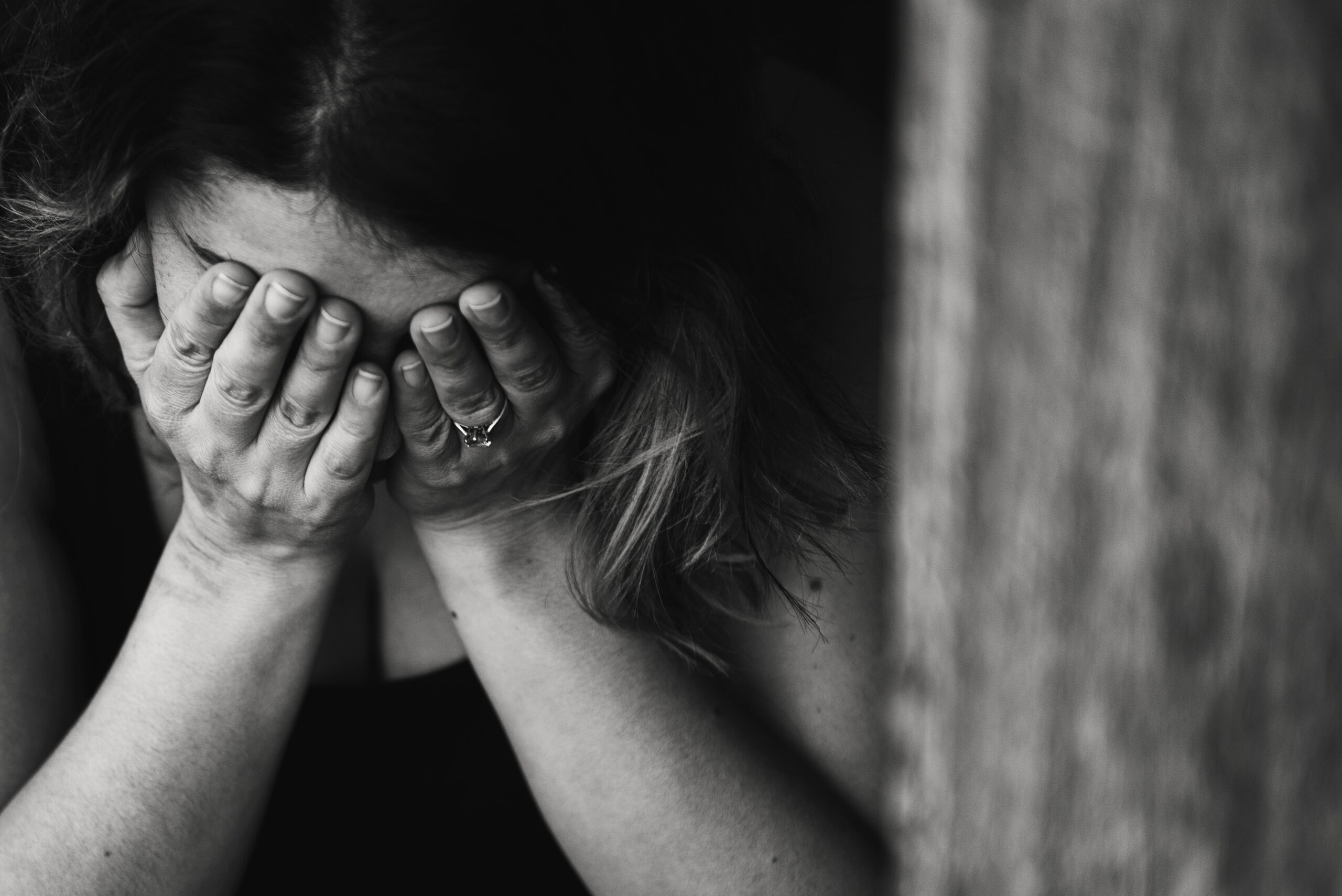You've all heard about the classic 5 stages of Grief right? First there's 'Denial', then 'Anger', 'Bargaining', 'Depression' and finally the highly-sought-after stage of 'Acceptance' (1). Recent studies have challenged the validity of these 'stages' and have shown that people are most likely to experience 'acceptance' and 'yearning' than disbelief initially when experiencing a loss (4). We also know that you don't necessarily have to lose a loved one to experience feelings of Grief or Loss and what these feelings look like depend on the event and the person's ability to cope with the loss.
There are over 40 life events that can lead to experiencing Grief (2), such as divorce, losing a job, a loved one's incarceration or personal injury or illness. In fact, according to the Holmes Rahe Stress Inventory, experiencing personal injury or illness is the 6th most stressful life event one can experience, following #5 the death of a close family member and #3 being sent to Jail.
So what does 'Grief', the conflicting feelings we experience caused by the end or a change in normal patterns of behavior (2), look like when you experience living with a chronic illness? Here is what it looked like for me:
1) Shock and Denial - At first, when I started experiencing the pain and fatigue that resulted in a visit to the doctor, I figured it was something temporary, resolvable and acute. When the blood test started coming back and the doctor started getting worried and ordering even MORE blood work, I could tell something was wrong, but still felt it would be solvable. When he said 'possible autoimmune disease' the shock started building, but I still felt it would go away like a runny nose or sore throat.
2) Despair - After a month of no relief from my symptoms, I was really getting worried that this might NOT be a temporary experience. When the Doctor said more specifically, 'I'm worried you might have Lupus...' and provided me with a brochure about how the disease makes your immune system basically attack your own healthy body parts, I started feeling deep, deep despair. I asked myself questions such as, 'Could this really be happening?' and 'Could I have done something to prevent this?' and 'Why me?' I wondered if I would ever live a normal life again and more importantly, if I would ever find relief from my symptoms.
3) False Hope - Once I received the first prescription from my doctor to help with my symptoms, I thought, 'Oh good, this will make it all go away!' So I took the medicine and followed all of his recommendations - quit smoking, started exercising 3 times a week and changed up my eating habits. I was ever so hopeful that if I just changed my lifestyle and took the medication I would go into remission and it would all go away, easy as that! After 6 months of these changes, it only got worse and new symptoms arose, leading me to realize this was going to be a long battle.
4) The Fork in the Road: Embrace it or Let it Win - I'm not really sure what feeling to call this, but it's more of a stage of choosing whether to take control of the situation or let the situation control you. I had to choose either to be vigilant and turn this experience into one that would make me a stronger person or to let the symptoms and negative emotions take control of my life. I spent SO much time the first two years being sad and angry at what wasn't working that I was failing to see other opportunities and strategies that could help me arrive at a 'new normal' I could be happy with.
5) Courage, Not Acceptance - I always say that I will never 'accept' that I'll be sick for the rest of my life. I never had a choice in the matter. Instead, I chose to have the Courage to never stop fighting to improve my symptoms, live the life I have always imagined (even if that means making some adjustments) and sharing with people what this experience has been like, so that I may help others. Sure, some days I go right back to that feeling of 'despair' and longing for my healthier self back, but I give myself 24-48 hours to feel those feelings, acknowledge them and then say to myself 'get your courage back!' and I perform some actions toward taking my control back.
Chronic Illness is an experience that not many can identify with and most doctors still don't acknowledge the difficult emotions that come with it. It is a very different experience than other life events that cause feelings of loss, and it is important to recognize these feelings. It is also important to recognize that if the feelings you are experiencing get too tough to handle, please know that it is OK to ask for help from a licensed professional. There are people out there who understand what you are going through and can help you find the tools you need to overcome difficult feelings. I know that it is tough and some days it's damn near impossible to overcome, but I'm here to tell you that you CAN and you WILL.
Amanda Pratt, MSW, LCSW
amanda@imaginelifetherapy.com
Want to learn more? Sign up for our email list below to get premium access to online courses, new blog posts and educational content! Once you sign up, you will get our FREE GIFT: The Stress Reduction Activities Worksheet!
Credits:
1. https://grief.com/the-five-stages-of-grief/
2. (http://blog.griefrecoverymethod.com/blog/2013/03/over-40-life-experiences-you-might-have-cause-grief)
3. https://www.stress.org/holmes-rahe-stress-inventory/
4. https://www.ncbi.nlm.nih.gov/pubmed/17312291
Photo by Kat Smith from Pexels https://www.pexels.com/photo/adult-alone-anxious-black-and-white-568027/










